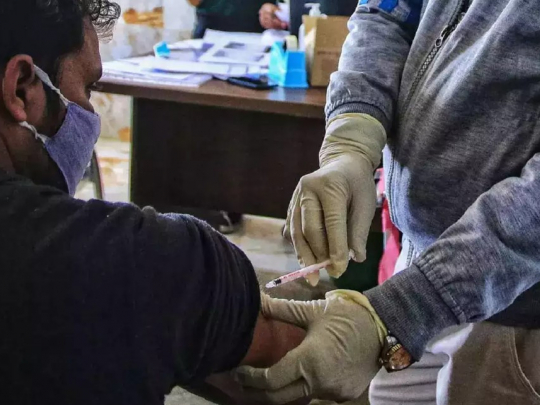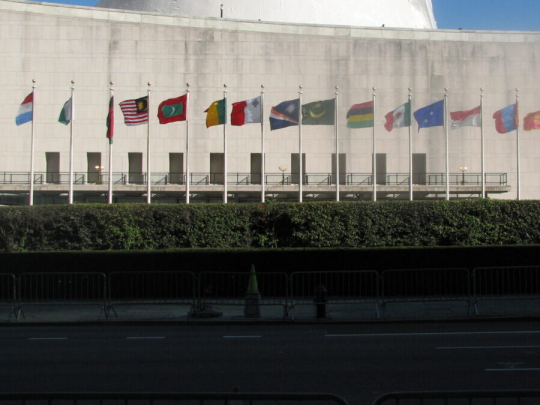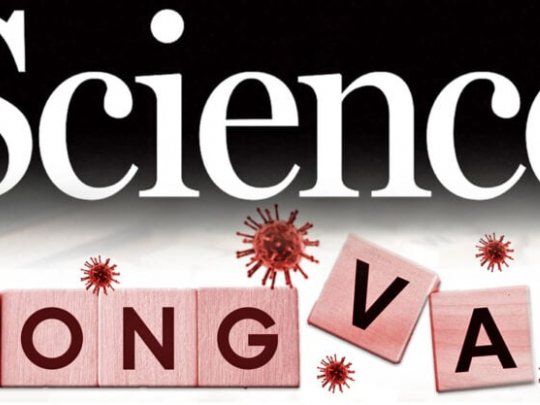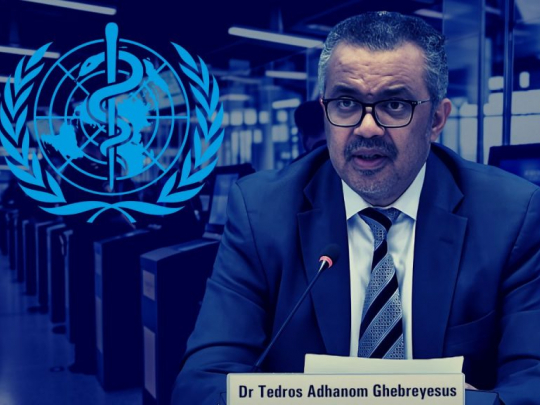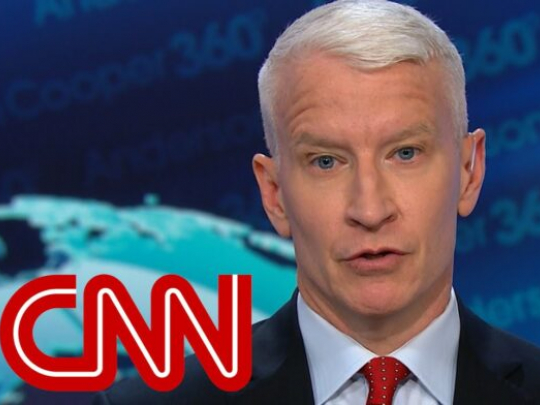Do The Global Managers Want The Pandemic To End?
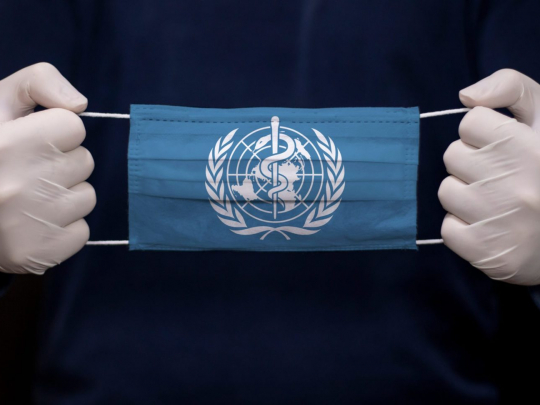
In his March 17, 2020, article in Stat, Stanford epidemiologist Dr. John Ioannidis argued for a vast reconsideration of the societal response to the emerging SARS-COV-2 pandemic, commonly called Covid-19. For unknown reasons, the scientific and medical tradition forming the foundation for how to respond to pandemics was being quickly disbanded. Abandoning such previously established traditions entailed filling the void with the appearance of a new global consensus: The combination of unending non-pharmaceutical interventions (masks, social distancing, etc.) and universal vaccination was the key that would end the pandemic.
The totalizing power of this new global pandemic consensus has certainly been effective over the last year and a half. However, the last month and a half has brought about a palatable instability to this apparently once-certain agreement.
Until now, Corona policy in every western country has unfolded more or less according to the same script, devised by the World Health Organization at the end of February 2020. The final act was supposed to be the wide-scale eradication of Corona after mass vaccination. It is now clear that this will never happen. For the first time since March 2020, there is no obvious international consensus on the way forward.
The global political and health managers of Western nations and their media allies increasingly seem uncertain as to where to go next. Lurking behind the uncertainty of how to respond to the variants, however, is the last remaining consensus. And while it is the last remaining consensus, it has been a little-known, yet real, part of the script from the beginning. It is as simple as it is all-encompassing: Use every available means possible to assault early treatment of the virus.
Consider one of the latest displays of this charade. Many have now seen, or heard about, the American podcaster Joe Rogan’s recent experience with Covid-19. After recognizing some of the common symptoms of Covid-19, Rogan decided to “throw the kitchen sink at it.” Following the insights offered by Dr. Peter McCullough and his multi-drug treatment protocol, Rogan pursued infusion of monoclonal antibodies. Along with antibody infusion, Rogan took a cocktail that consisted of ivermectin, Azithromyicin, the corticosteriod Predinsone, and high doses of vitamin D (through drip line). Within 72 hours after beginning the treatment regimen, Rogan declared that he felt great, and had practically recovered from the virus.
We would not have needed the gift of prophecy to have predicted what followed: The Covid machine was deployed to attack Rogan. The inspiration for the assault has been helped by a recent tweet from the FDA, which read: “You are not a horse. You are not a cow. Seriously, y’all. Stop it.” Moving on from its initial onslaught against the effective early use of hydroxychloroquine, the global consensus has now overwhelmingly shifted its ire to ivermectin. Coinciding with the attack on Rogan was a supposed news story from Rolling Stone, which claimed that access to emergency care for gunshot victims at an Oklahoma hospital was threatened due to the number of patients who had been poisoned by overdosing on ivermectin. The hospital offered a clarification that denied the claims, which had been made by a former employee. And yet, only updates have been added; thus far, the story has not been retracted.
This widespread jettisoning of the principle and effectiveness of preventative and early treatment has been described as “therapeutic nihilism.” Nearly two years into this pandemic, getting early treatment for Covid-19 that can prevent hospitalization and death is still extremely difficult. Continued attempts to undermine early treatment protocols, as well as frequented campaigns against those who are skeptical of the prevailing narrative, give the impression that certain interested parties are hesitant to bring the pandemic to an end.
The global managers writing and executing the Covid script are using it to manipulate the populace. I am reminded of the Polish philosopher and statesman Ryszard Legutko’s 2016 book The Demon in Democracy: Totalitarian Temptations in Free Societies. Following the collapse of totalitarianism regimes in 1989, Legutko began noticing something that was as confusing as it was unsettling. Supporters of communism appeared to find a somewhat comfortable home in liberal democratic societies. In an attempt to parse out and understand this political phenomenon, Legutko came to realize some shared similarities between the principles of communism and modern liberal democratic regimes:
Communism and liberal democracy proved to be all-unifying entities compelling their followers how to think, what to do, how to evaluate events, what to dream, and what language to use. They both had their orthodoxies and their models of an ideal citizen. [Emphasis added]
What Legutko’s diagnosis reveals is that the global response to the pandemic has been utilized to accelerate the conditions whereby rigorous and independent thinking may be snuffed out. The pandemic seems to have accelerated the project of Western nations transmuting into large, mechanizing systems oriented towards uniformity of thought and practice.
Here is Stanford’s Ioannidis commenting upon this disturbing integration of rapidly declining transparency and collectivism:
The retraction of a highly visible hydroxychloroquine paper from the The Lancet was a startling example: A lack of sharing and openness allowed a top medical journal to publish an article in which 671 hospitals allegedly contributed data that did not exist, and no one noticed this outright fabrication before publication. The New England Journal of Medicine, another top medical journal, managed to publish a similar paper; many scientists continue to heavily cite it long after its retraction.
Such a situation reveals the emptiness of supposed concerns about “evidence.” Abused tropes such as “follow the science” are revealing themselves to be nefarious power grabs seeking to destroy nuance. “Good” citizens should not even consider the possibility of calling into question the prevailing narrative regarding Covid. More specifically, it is anathema to even fathom the thought that preventative and early treatment should be a fundamental pillar of the response to a pandemic.
As the consensus equating vaccination with the elimination of the virus continues to weaken, Ioannidis’s original prediction continues to be persuasive: The response to SARS-COV-2 will eventually be seen as a “once in a century evidence fiasco.” But the citizens of Western nations must think critically for themselves if the coils of the Covid machine have a chance of being loosened.
- Source : Brian Jones - The American Conservative




